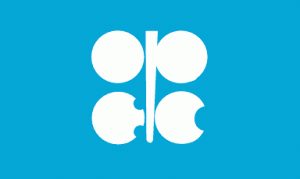Opec oil output has risen in March to its highest since October 2008 as higher supply from Iraq and further recovery in Libya's production offset a drop in shipments from Iran, a survey found yesterday.
Supply from the 12 Opec members has averaged 31.26 million barrels per day, up from 31.16m bpd in February, the survey of sources at oil companies, Opec officials and analysts found.
The survey found that exports from Iran are falling as some buyers stop or scale back purchases because of sanctions. Concern about Iranian supply has helped drive a 15 per cent rally in oil prices this year.
Opec is pumping far more than its official production target of 30m bpd but oil prices have rallied and inventories have not increased. For some, that indicates demand may be stronger than expected.
In March, the biggest increase in Opec supply once again came from Libya, where output continues to recover after being virtually shut down during the 2011 uprising against Muammar Gadaffi's rule.
Iraq provided the second-largest boost as exports rebounded after weather-related disruptions in February and as a new Gulf shipping outlet provided a long-awaited boost to capacity.
Despite fewer barrels from Iran, March's total is Opec's highest since October 2008, shortly before the group agreed to a series of supply curbs to combat recession.
In Libya, exports and refinery demand climbed to 1.4m bpd up 300,000 bpd from February, according to the survey, getting closer to the pre-war rate of 1.6m bpd expected later this year.
Iraq exported more as its new Gulf outlet, a floating single-point mooring, came into service, enabling a boost in supply to 2.83m bpd, up 220,000 bpd from February. The country is expected to provide the world's largest expansion in export capacity in 2012.
Saudi Arabian supply edged up in March to 9.9m bpd, the survey found.
Output in Iran, which is facing a European Union ban on its crude from July 1, fell significantly in March, according to oil industry sources.
(Source: Gulf Daily News)





